United CFO Mike Leskinen reported during the airline’s third quarter earnings call this morning that they’re replacing people with machines at headquarters – AI is driving a reduction in the carrier’s staffing.
We’re making process changes and using AI to make the work of our headquarters management team more efficient too. In fact, our management headcount is 4% lower than last year. As this efficiency work continues, we’re planning to shrink another 4% in 2026.
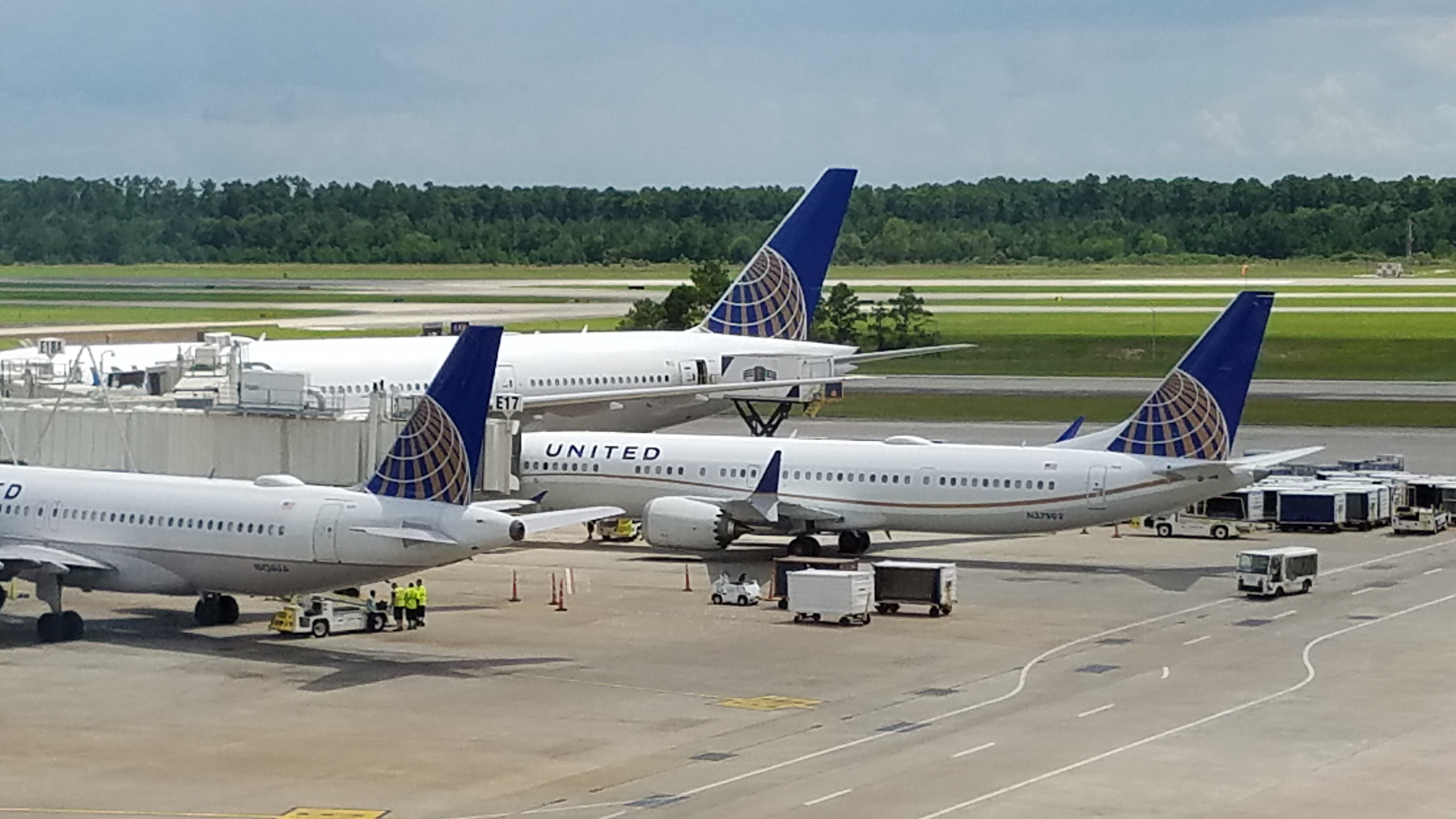
This seems obvious, but I haven’t seen airlines report getting ahead of the technology curve on this. They’re heavily regulated dinosaur businesses for the most part.
In fact, most of where we’ve seen AI in travel has been pretty inept. Marriott now fails to upgrade elites using AI instead of leaving it to manual labor. Hertz has unleashed AI to nickel and dime customers more for minor dings and scrapes they’re unlikely to ever bother fixing.
However, we’re going to see people replaced by AI across organizations. In 5 years how many people will there be working in finance functions below the level of the controller? At airlines it seems displacement is especially likely to occur:
- Contact center / reservations / social care. A large share of chats, emails, and calls finally get handled by computer and customers won’t know the difference. Rebookings within fare rules can easily be handled this way, not just seat changes, baggage tracking, and issuing vouchers during irregular operations. Only edge cases will need escalation.
- Back office operations from accounts payable and receivable to revenue accounting, document extraction and simple actions will have machines replacing agents manually keying things in and doing first line review. Already “offers & orders”/modern retailing pushes automation in revenue processes.
- Marketing/CRM/loyalty servicing. An area closest to my own heart, drafting marketing copy, segmenting customer lists, and handling everything from FAQs to terms and conditions should be handled primarily by AI. Humans will focus on partnerships, while GenAI will measure campaign performance.
- Revenue management analysts. Delta already says that this is happening so that prices update on a virtually continuous basis. Human revenue management, in their telling, has been a bottleneck. Computers do better at demand forecasting and pricing, with humans shifting into broader strategy and guardrails on the AI’s price-setting. Politics is a barrier here with concerns over individually-tailored prices though concerns here, at least in the medium-term, are largely overblown.
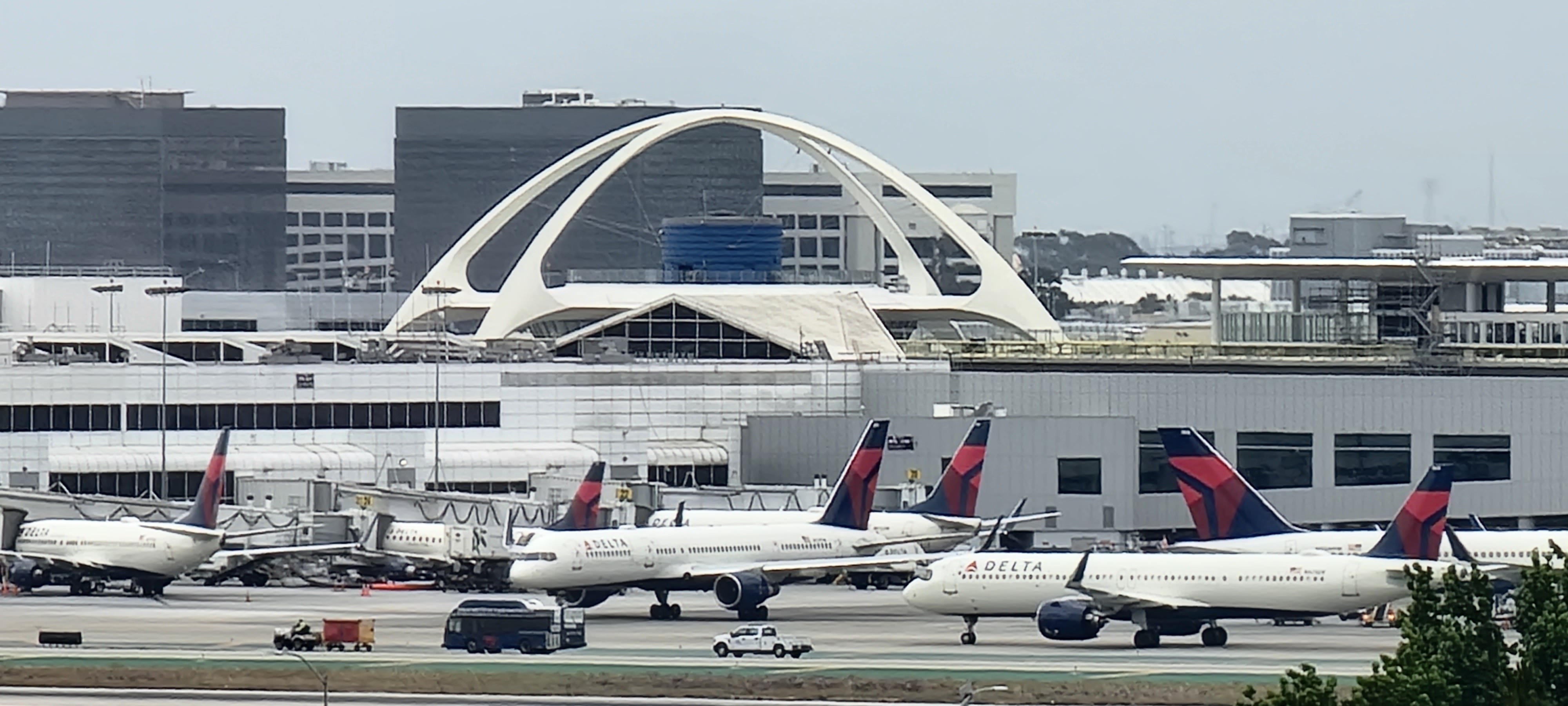
- Network planning & schedule optimization. Figuring out how to optimize aircraft utilization, and how to handle this against fleet maintenance, airport curfews, and network connectivity will be better done by computers.
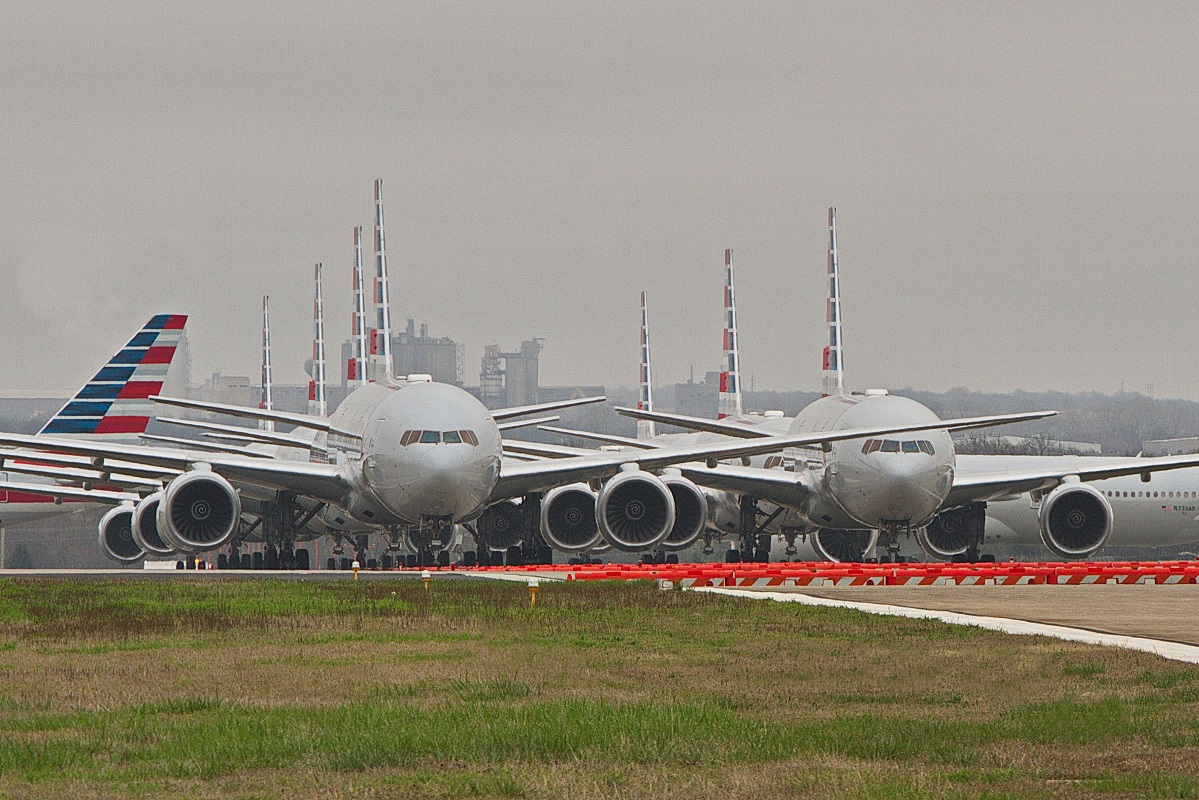
- Crew pairing/rostering and disruption recovery. When Southwest melted down at Christmas 2022, their binding constraint was compute. So, too, with Delta trying to recover from the Crowdstrike meltdown. They couldn’t rebuild their schedules. Southwest operated at a portion of its schedul efor days as they handled re-pairing crews with flights manually. Combinatorial solvers and learning systems will optimize this in minutes, while internalizing union work rules.

- Maintenance planning & technical publications search. Shifting to predictive maintenance and tracking will mean fewer maintenance analysts. It won’t mean less maintenance, and probably not fewer maintenance techs – for awhile – given the long aircraft replacement cycle.

This doesn’t even get into airport operations and gate management, baggage and virtually any activity on the ramp where it’s ultimately robots that may replace people.
Where we won’t see automation for some time are in functions performed by or heavily regulated by the government. While eventually AIs will outperform co-pilots from a safety perspective, the Air Line Pilots Association is a formidably lobbying force for a two-pilot cockpit (unions once lobbied to protect the four pilot cockpit of decades ago). Flight attendants are legally mandated (in most cases at 1 per 50 seats).
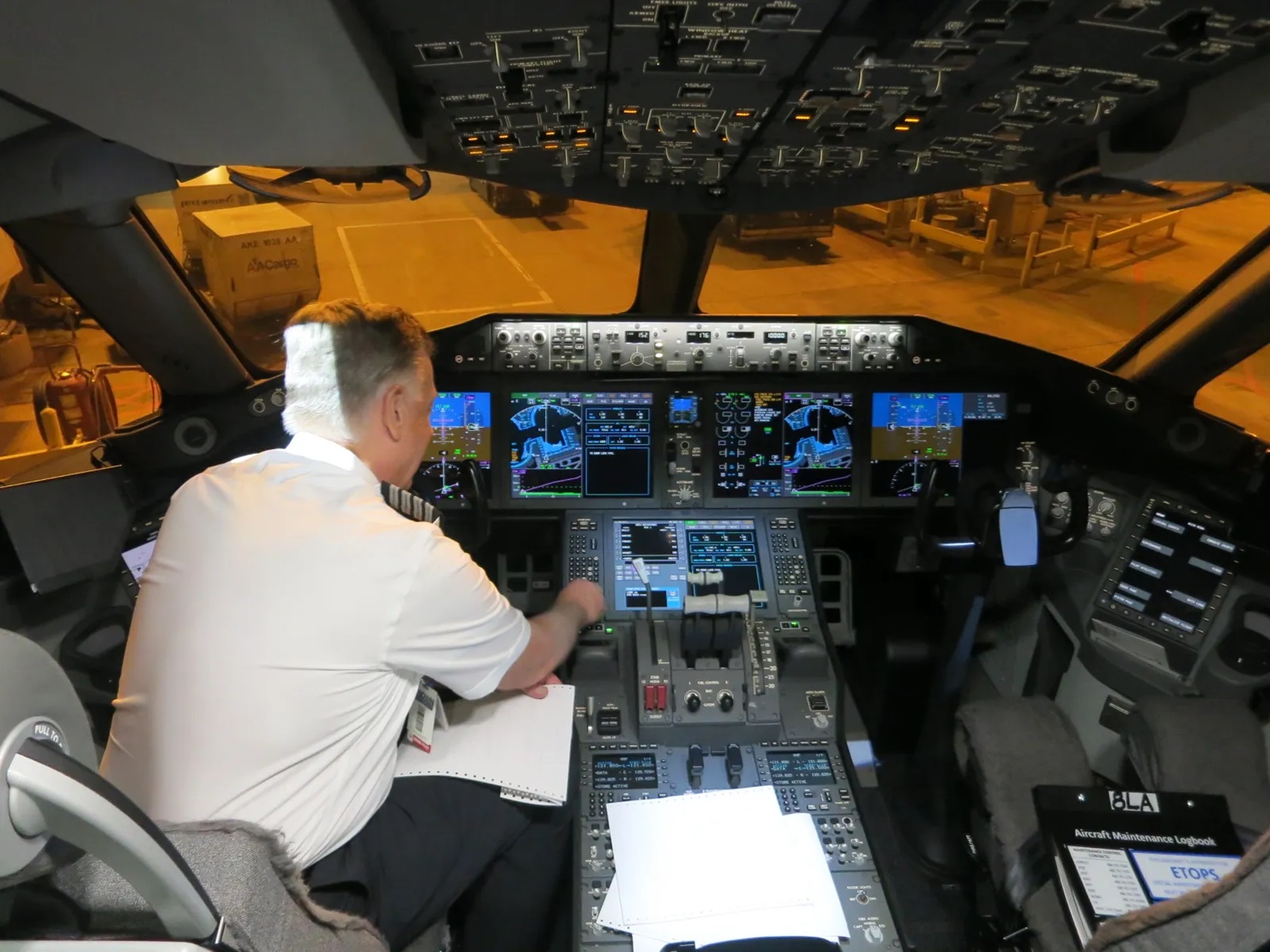
And while technology allows us to really rethink the premise of air traffic control that’s a government and safety function that, too, will tend towards inertia.
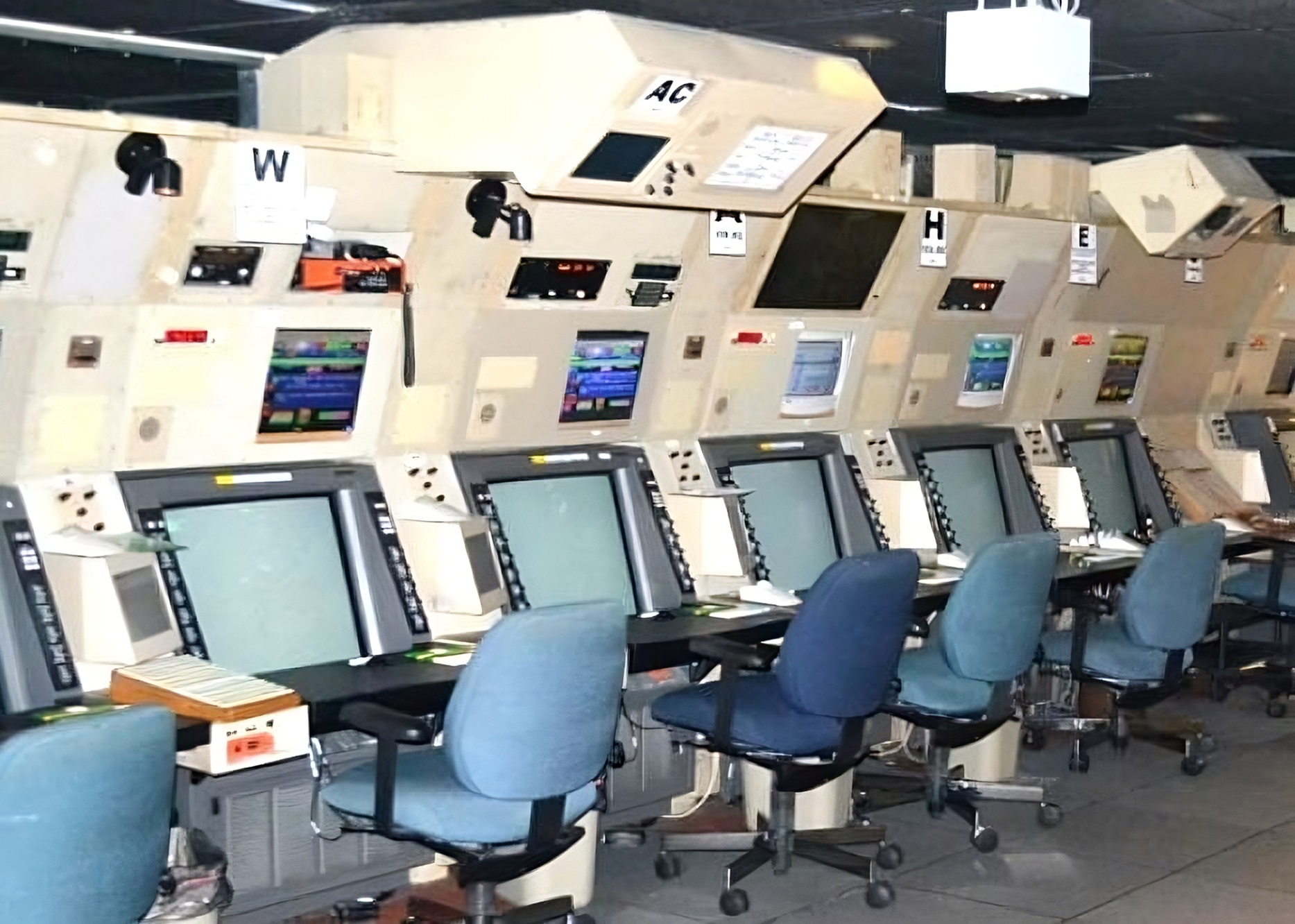
4% annual reduction in headcount is largely lip service at this point, even if it at least signals taking the idea of societal changes seriously. Surely 30% – 50% of customer contacts can be handled by AI already, and 20% – 40% of back office work as well. It won’t be long at all until 30% of revenue management updates are easily handled by machine. Most crew re-pairings can happen that way pretty quickly.
(HT: Enilria)


We’ve experienced new transformational technology before, and the lessons learned should include that we, as a society, need to ‘do something’ about the increasing wealth and income disparity this will inevitably cause. If you start to see unemployment rise to double-digits, the consumer base of the country will begin to dry up. And, if you erode the social safety net or impose too harsh an austerity, while giving the young people no hope or opportunities… look no further than Nepal and Madagascar for what happens next. I don’t think the USA is in that bad of shape, yet, but we’re not doing enough currently.
It’s going to be a long time before we will be able to use AI in safety critical areas. One of the problems with current AI models is that they were heavily trained to find an answer. This bias is likely leading to some of the hallucinations, and possibly some of the self-driving issues. There has even been an experiment where AI was preferring injuring or killing a person who it knew was going to turn off the AI system. It was just an experiment, but the AI was able to find out about being turned off because it had access to employee email. Several AI systems would do this about half of the time. Even directives to prioritize human safety didn’t significantly help. The target of “winning” by solving problems was just too high.
“I can’t do that Dave”, may be soon be more than a line from 2001, A Space Odyssey. And, the people working on AI are all too young to have seen the movie.
@ 1990 — Would you like overnight or 2-day shipping on your soapbox?
@John H — Well said. Speaking of Kubrick, can we at least get the 15-minute trippy ‘light show’? And, if things aren’t looking good for us, I hear that Dr. Strangelove has proposed a plan to survive nuclear war by living underground for 100 years with a ‘carefully selected’ group of survivors… just remember, ‘you’ll have to answer to the Coco-Cola Company…’
I don’t see AI taking over certain heavy customer facing jobs in the future (flight attendants) or jobs that involve complex, multitask human thinking (pilots). But it’s going to absolutely clobber jobs in research, finance, IT support, and other backroom support jobs.
So far the answer seems to be we will throw a paltry $1K a month at people and tell them they need to figure out what to do. Andrew Yang and his UBI.
@Gene — In NYC, it’s free ‘same-day’ shipping… *ding dong* …and it just arrived!
If the current Chatbot is any indication of alleged AI service, god help us!!
Ask AI complex questions in an area on which you are an expert.
You may be shocked at the mistakes.
@John H
The scenario your describe sounds more like “ Colossus: The Forbin Project” where the computer takes control of the world and kills those that attempt to defeat it.
It may save the company some costs. But how many man hours does it add to a call for the customers. You have to input like multiple pieces of information to then be given choices that don’t cover why you call, then you have to wait for the person anyways.
AI will be more evolutionary than revolutionary. It’s biggest impact in the next few years is likely to be a tech-driven stock market crash when investors start worrying about this.
On a regular basis people refer to AI when it’s just a new computer program. A program “learning” from past actions still isn’t AI. That which is truely AI isn’t ready for prime time yet. And, when it is, it will be a major benefit to all. People just can’t fathom how different things are today than in 1925 in business. They also can’t fathom how that has improved life for all, with the poorest getting the greatest improvement. If you’re in, say, the bottom 20%, your life would look like something unattainable to 1925’s bottom 20% (in income or wealth)
Until AI can reduce the number of VPs (EVP, SVP, VP), this AI point is useless!
I have yet to see a chatbot resolve an issue that eliminated the need for me to call.
Chatbots are 100% useless for customers.
@John H – AI is already being used in safety critical areas and, in many instances, has shown itself to be superior to humans. Over time, as AI learns and improves it will continue to reduce the amount of human engagement necessary.
@Chopsticks – AI is Gen-Z’s internet. AI is already proving to be revolutionary in the speed of adoption and rate at which it is evolving. The innovation adoption timeline is accelerating faster than we are prepared to handle it. There are going to be a ton of bumps along the way. In the end, it’ll get there and we need to be ready with a plan.
AI has supposedly taken over 4% of the management jobs with another 4% by next year. The cynical me says: “What if they are lying?”, since lying is a crucial pillar of the airline industry. What if they are replacing those jobs with ones in India and just saying it is AI? On the other hand, they could be telling at least a partial truth. Covid 19 showed that a lot of management was just managers managing other managers. When a lot of people worked from home, the need for micromanagement dropped a lot. No more need for endless meetings. Maybe it is not so much that AI is causing a reduction in management levels as everyone is under the gun to reduce the reinflating management ranks back to what they were during Covid-19. Those who can do it keep their jobs. Those who cannot do it wish that they were in a union.
United’s chat bot is more than useless. Even when it says it’s connecting you to agent, all it does is restart from the beginning. Terrible.
@Adam L find me a chatbit that is useful and I’ll jump for joy. Personally, I refuse to use chatbots. By the time I am contacting a business for help it’s because I can’t handle it myself and I need a human to assist or discuss options before making a decision.
I think there are a lot of roles for AI and chatbots. I’m not a fan of them sitting in customer-facing roles.
@gene – he’s clearly on the autism scale – just let him rant it’s not hurting anyone and you can just ignore him.
Most of what they are describing is not stuff that you would use an AI for. When you know what you need to do AI isn’t the right answer. AI is for more freeform stuff–might handle the easy cases but far too unreliable to be trusted with much.
$1 these are just layoffs but like every other company they’re slapping “AI” on it